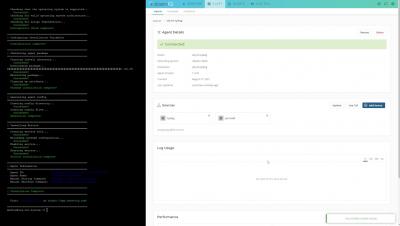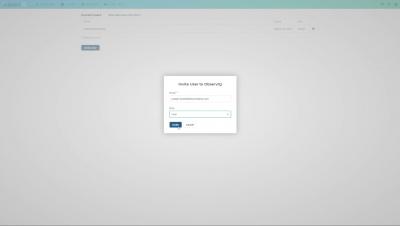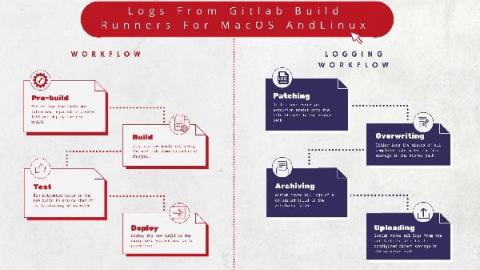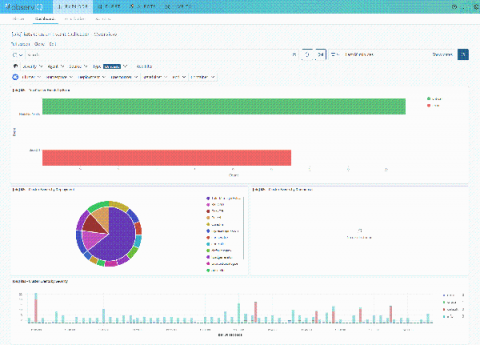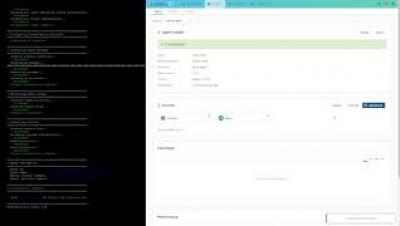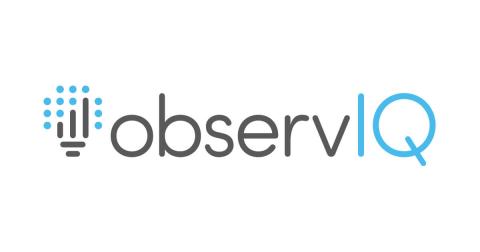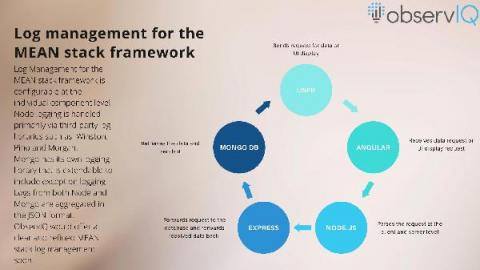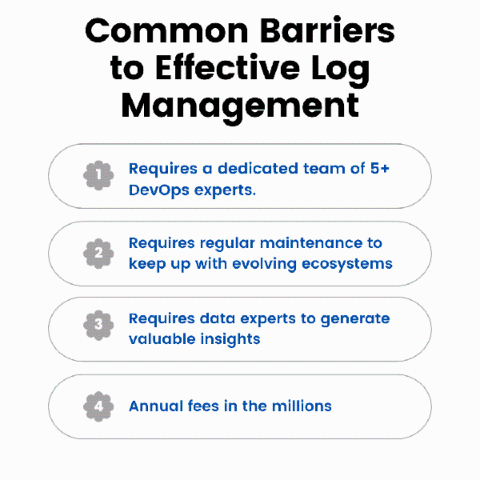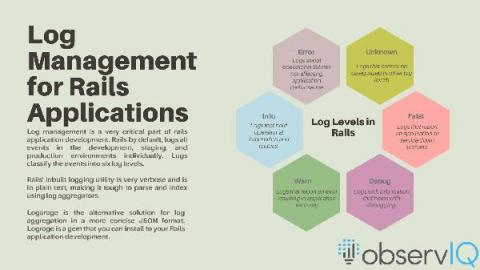Operations | Monitoring | ITSM | DevOps | Cloud
ObservIQ
Add and manage users | observIQ
Logging Gitlab Runners for MacOS and Linux
Gitlab is the DevOps lifecycle tool of choice for most application developers. It was developed to offer continuous integration and deployment pipeline features on an open-source licensing model. GitLab Runner is an open-source application that is integrated within the GitLab CI/ CD pipeline to automate running jobs in the pipeline. It is written in GoLang, making it platform agnostic. It is installed onto any supported operating system, a locally hosted application environment, or within a container.
observIQ Releases First PnP Solution for monitoring arm-based Kubernetes
Arm-based Kubernetes clusters have been in use for a while, albeit mostly for niche uses, by enthusiasts, and DIY hobbyists. But that is changing. Arm architecture offers an efficiency and scalability that other architectures do not, and that makes it appealing to businesses.
Nginx Logs in 30 Seconds | observIQ
Logging Agents Vs Log Libraries
Log management has been around for a long time, but how we manage our logs has changed profoundly over the years. For effective log management, there are times when you may have to trade off the new for the old, and vice versa. A clear understanding of log agents and log libraries will help assess what works best for different applications and infrastructures.
Log Management for the MEAN Stack Framework
MEAN is evolving as a popular web stack for developing cloud native applications because of its scalability, ease of extension, and high reliability. Each component in MEAN is built on JavaScript, contributing to a cohesive development platform. In this post, we take you through the log management options that are available for each component of the MEAN stack framework and their respective limitations – limitations that are addressable with a refined log management solution like observIQ.
The "Perfect" Log Management Solution Is Invisible
It sounds like a wild claim, considering that billion dollar companies like Splunk, Datadog, New Relic, and Solarwinds are consistently making national headlines, for both good and bad reasons. Observability leaders are anything but invisible, so how can the perfect solution be different? Are they that far off?
Rails + observIQ; Chapter 1: Log management at the core of Rails application development
Logging is useful in building, managing and debugging Rails applications. Most logging functionalities are built into the application, and it is fairly simple to find the logs. However, as your applications scale up in volume, it becomes difficult to trace the source of an issue. That’s when you want to implement a cloud based log management system to get a unified view of all logs from your Rails application.
The Stanza Story
We launched the Stanza log agent just over one year ago. Stanza is the result of an uncompromising stance on performance, processing, and configurability for log telemetry. It took mere days for friends and colleagues in the space to raise the obvious objection – there are already so many logging agents, so why spend time on a *new* one? We also heard from competitors who had a snarkier take…


